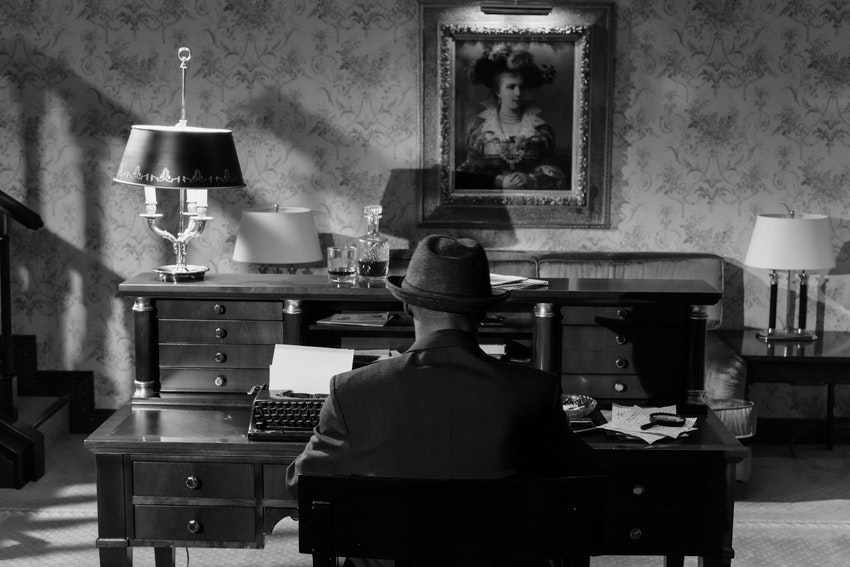Private investigators are the experts you call when you need to gather evidence to prove your case. As private entities, private investigators are available to work for anyone who can afford to pay them. Clients who have asked to know more about Steven Feakes & Associates on the issue of private investigators have also found out that spouses often hire these experts to gather information on their cheating partners. There are many duties and roles that a private investigator can play in the pursuit of evidence. While they work for private citizens, they can also be resourceful in law firms, corporations, and even government agencies.
Private investigators often leverage the latest technology and their experience to gather, analyze and process data to arrive at a reasonable conclusion. Read more to find out in detail the job of a private investigator.
What Does a Private Investigator Do?
Private investigators or detectives handle a wide range of services. These experts are trained in verifying information that may include people’s background and criminal history, investigating computer crimes, tracing missing persons, and more. The primary roles of a private detective or investigator include;
- Helping Attorneys Gather Relevant Evidence
Private investigators are an essential asset to attorneys. Attorneys representing clients in civil liability or criminal cases can rely on the resources, experience, and expertise of private investigators to get the evidence needed to prove their case. Criminal attorneys rely on these experts to establish evidence that proves the innocence of their clients.
Family lawyers and spouses who are interested in filing a divorce petition may also rely on private investigators to tail their partners to establish the presence of an extra-marital affair or other forms of cheating. In a civil liability case like a personal injury case, you may also hire a private investigator to gather evidence that proves liability, thus giving the accident victim and their legal counsel a stronger legal ground for the claim.
- Interview People
Private detectives are trained to blend in and remain inconspicuous until they are needed. These skills can be an important asset, especially when they need to interview people. Most private detectives understand human psychology and can use this to strike up casual discussions to directly or indirectly extract information from their target. With direct and indirect interviewing skills, private detectors are perfect for information gathering.
Verify Information
Employers, property management companies, and other businesses also rely on the services of a private investigator or detective. These experts have the resources needed to research deeply into individuals while uncovering seemingly buried information like their criminal records, past employment history, income, and other background information. All of this information can be useful to property management companies and employers to make certain decisions based on individual applicants.
Other roles handled by private investigators include
- Investigation of cybercrimes like internet frauds, identity theft, illegal downloads, and more.
- Conducting surveillance watch in search of people. They can also monitor people by following them closely to establish their daily routine.
- Conduct search using electronic and non-electronic records.
Where Private Investigators Work
Skilled and experienced private investigators have a place in almost all industries. Employers depend on them to uncover hidden information that may harm them or serve as leverage for the advancement of their business. Some of the industries that a private investigator can work in include;
- Personal investigations
- Personal protection services
- Supplier, employee, and vendor screening programs
- Recruitment agencies
- Polygraph services
- Criminal investigation services
- Undercover investigations
- Crisis investigation services
- Missing person services
- Retail loss and prevention
- Pre-employment screening services.
Like any other career path, private investigators may decide to work alone or as part of an organization. They can also choose to specialize their practice on one or more kinds of cases. Private investigators who have decided to specialize in aspects of their job can choose from a wide range of specialty areas, including;
- Insurance investigations
- Security services
- Criminology and behavioral science
- Civil investigation
- Criminal investigation
- Terrorism and intelligence gathering
- Investigative business administration
- Investigative law and ethics
- Special victims/ nursing home abuse/ child abuse
- Computer forensics and internet fraud investigations
What is Required to Become a Private Investigator?
You must meet certain requirements to become a private investigator. Depending on the state you wish to practice in, you may be required to obtain a state or local licensure to practice. Whether you choose to work for a firm or to establish your practice, you must meet the following requirements:
- Be of legal age to practice (usually between 18 and 25 years)
- Possess at least a high school diploma or GED
- Have no prior criminal convictions
- Industry experience or higher education in a related field




